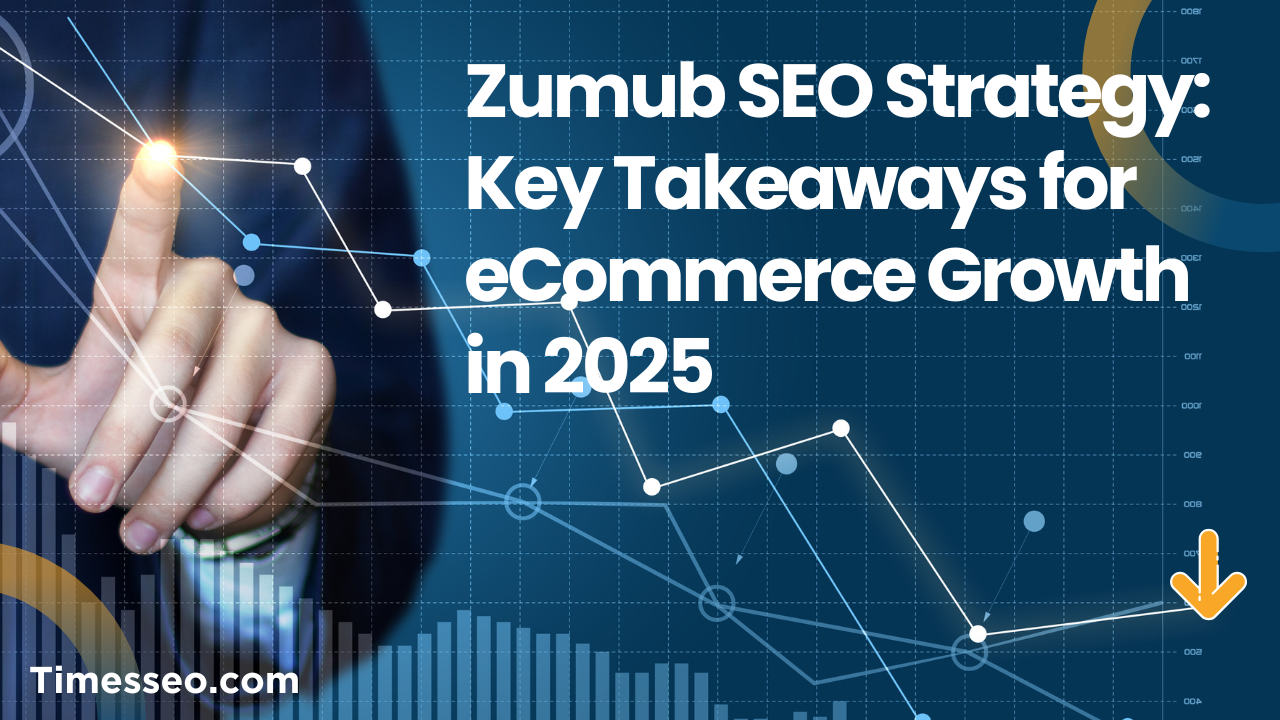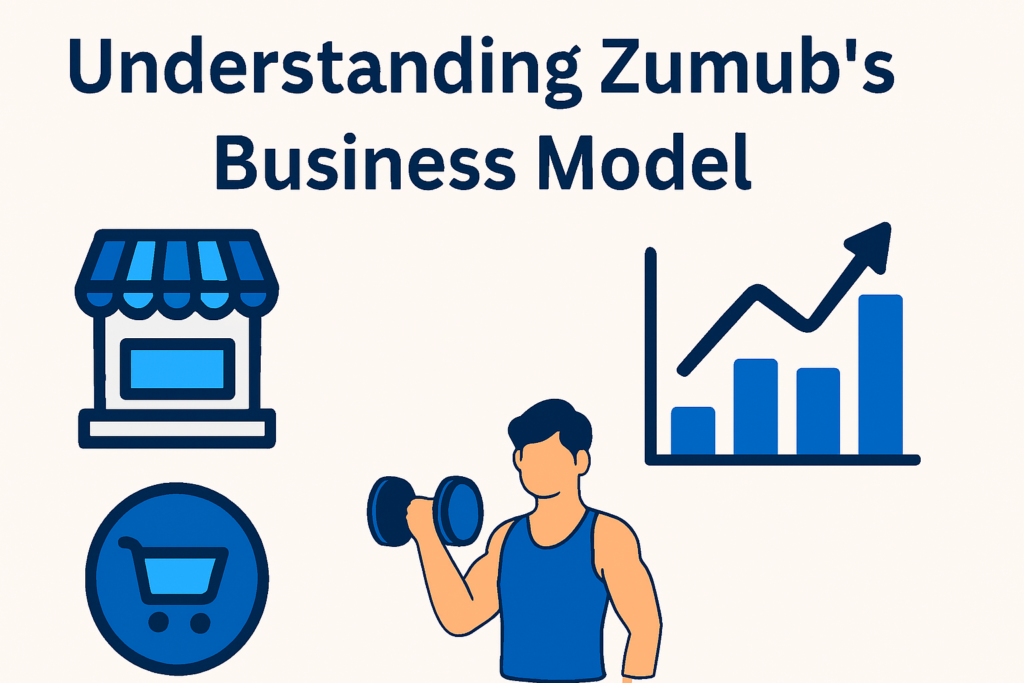
Discover how Zumub leverages an advanced SEO strategy to drive eCommerce growth in 2025. This blog post explores Zumub’s approach to keyword optimization, content marketing, technical SEO, and international reach — revealing key takeaways that other online retailers can apply to boost visibility, traffic, and conversions.
Table of Contents
Introduction
In the ever-evolving world of eCommerce, visibility is everything. Brands that fail to rank on search engines often miss out on huge sales opportunities. One brand that has cracked this code is Zumub — a global leader in fitness supplements and nutrition. By leveraging a data-driven SEO strategy, Zumub has successfully positioned itself as a dominant force in the online fitness market. Let’s explore how they did it and what key takeaways eCommerce businesses can apply in 2025.
Understanding Zumub’s Business Model
The Evolution of Zumub
Founded as a small fitness store, Zumub has expanded into a global eCommerce platform offering supplements, nutrition products, and fitness gear. Their website now caters to millions of customers across Europe and beyond.
Target Audience and Competitive Landscape
Zumub targets health-conscious individuals, athletes, and gym enthusiasts — a demographic that heavily relies on online research before making purchases. Competing against brands like MyProtein and Bulk, Zumub’s SEO strategy gives them the visibility advantage they need.
The Core of Zumub’s SEO Success
Strategic Keyword Optimization
Zumub focuses on a mix of transactional and informational keywords. By optimizing for phrases like “buy whey protein online” and “best supplements for muscle gain,” they attract both buyers and researchers.
Balancing Product and Informational Content
Their SEO approach balances eCommerce listings with value-driven blogs, ensuring the brand dominates at every stage of the customer journey — from awareness to conversion.
Keyword Research and Search Intent
Identifying High-Intent Keywords
Zumub’s keyword strategy revolves around user intent. They analyze what customers are looking for and tailor pages around those needs — for example, “vegan protein powder” or “creatine benefits for athletes.”
Targeting Long-Tail Keywords
Long-tail keywords like “best supplement store in Europe” or “how to use BCAAs before workout” help capture niche traffic with higher conversion potential.
Optimized Product Pages for Higher Conversions
Compelling Product Descriptions
Zumub writes detailed, persuasive product descriptions emphasizing benefits, ingredients, and user outcomes, increasing both trust and sales.
Structured Data and Rich Snippets
By implementing structured data, Zumub’s product listings appear in Google’s rich results with prices, ratings, and availability — enhancing click-through rates.
Content Marketing as an SEO Driver
Creating Blog Content Around Fitness
Zumub’s blog covers fitness guides, diet tips, and workout plans — providing value while targeting top-of-funnel search queries.
Building Authority with Educational Resources
Their how-to guides and nutrition articles position Zumub as a credible voice in the fitness industry, earning backlinks and organic visibility.
On-Page SEO Excellence
Title Tags, Meta Descriptions, and Internal Linking
Zumub follows best on-page SEO practices — each page has a keyword-optimized title, engaging meta description, and logical internal links to related products.
Image Optimization and Alt Text Usage
High-quality visuals are compressed for fast loading, and all images use descriptive alt text for better SEO and accessibility.
Technical SEO Foundation
Site Speed and Mobile Responsiveness
With Google’s mobile-first indexing, Zumub ensures all pages load quickly and perform seamlessly on smartphones and tablets.
Secure Checkout and HTTPS
Security is a top priority. HTTPS not only protects customer data but also improves SEO rankings by signaling trust.
XML Sitemaps and Crawl Efficiency
A well-structured XML sitemap and optimized robots.txt file allow search engines to crawl and index thousands of product pages efficiently.
Multilingual SEO Strategy
Localization for International Audiences
Zumub operates across Europe in multiple languages. Each regional site includes localized keywords, currencies, and offers to resonate with local audiences.
Managing hreflang Tags and Domains
Proper hreflang implementation ensures users are directed to the right regional store, improving user experience and reducing duplicate content issues.
Building Authority Through Backlinks
Collaborations with Fitness Influencers
Partnering with influencers helps Zumub earn natural backlinks and mentions, boosting domain authority.
Guest Blogging and PR Partnerships
Publishing guest articles and collaborating with fitness publications enhance brand credibility and referral traffic.
Also Read
What Marketers Can Learn from Rocket Lawyer’s Online Strategy
Grover Marketing Analysis: What Makes Their Campaigns So Effective?
Boost Your Travel Bookings with getyourguide.it – Marketing Tips That Work
How Amstar DMC (US & Canada) Supports Event Planners and Organizers
How Ebuyer Uses SEO to Dominate Online Retail
Leveraging Social Proof and Reviews
User-Generated Content as SEO Fuel
Customer reviews, testimonials, and photos strengthen SEO by providing authentic, keyword-rich content.
Trust-Building Through Authentic Feedback
Positive user reviews displayed on product pages build confidence, improving conversions and reducing bounce rates.
Data-Driven SEO Decisions
Using Analytics for Insights
Zumub uses tools like Google Analytics and Ahrefs to track keyword rankings, conversions, and organic performance.
Continuous A/B Testing
Testing product titles, descriptions, and CTAs ensures every SEO and UX element is optimized for maximum impact.
Voice Search and AI Optimization
Preparing for Conversational Queries
With AI assistants growing in popularity, Zumub optimizes content for voice search by incorporating natural language and question-based keywords.
Implementing Semantic SEO
Through topic clustering and semantic optimization, Zumub ensures that search engines understand content context, boosting rankings.
Challenges in Zumub’s SEO Journey
Competing in a Saturated Market
The supplement industry is fiercely competitive, but Zumub’s continuous innovation in content and link-building keeps it ahead.
Maintaining Content Consistency
Managing multilingual SEO and regularly updating thousands of SKUs requires constant effort and technical precision.
Results and Key Takeaways for 2025
Organic Growth Metrics
Zumub’s SEO strategy has led to exponential organic traffic growth, reduced ad dependency, and improved conversion rates across markets.
Lessons for Other eCommerce Brands
Brands can learn to focus on localized SEO, valuable content, and user trust to replicate Zumub’s success in their niche.
Conclusion
Zumub’s SEO strategy proves that sustainable eCommerce growth comes from understanding customer intent, delivering valuable content, and maintaining technical excellence. As 2025 approaches, their forward-thinking approach — blending data, creativity, and optimization — sets a benchmark for online retailers worldwide.
Frequently Asked Questions
Its balance of content marketing, technical SEO, and localization ensures visibility across global markets.
By using localized languages, currencies, and hreflang tags to enhance regional search performance.
No, it combines SEO with influencer marketing, social media, and paid ads for an omnichannel strategy.
Google Analytics, Ahrefs, SEMrush, and Search Console are among their primary tools.
To grow sustainably, focus on technical SEO, valuable content, and genuine customer engagement.
Table of Contents
Popular Posts
-
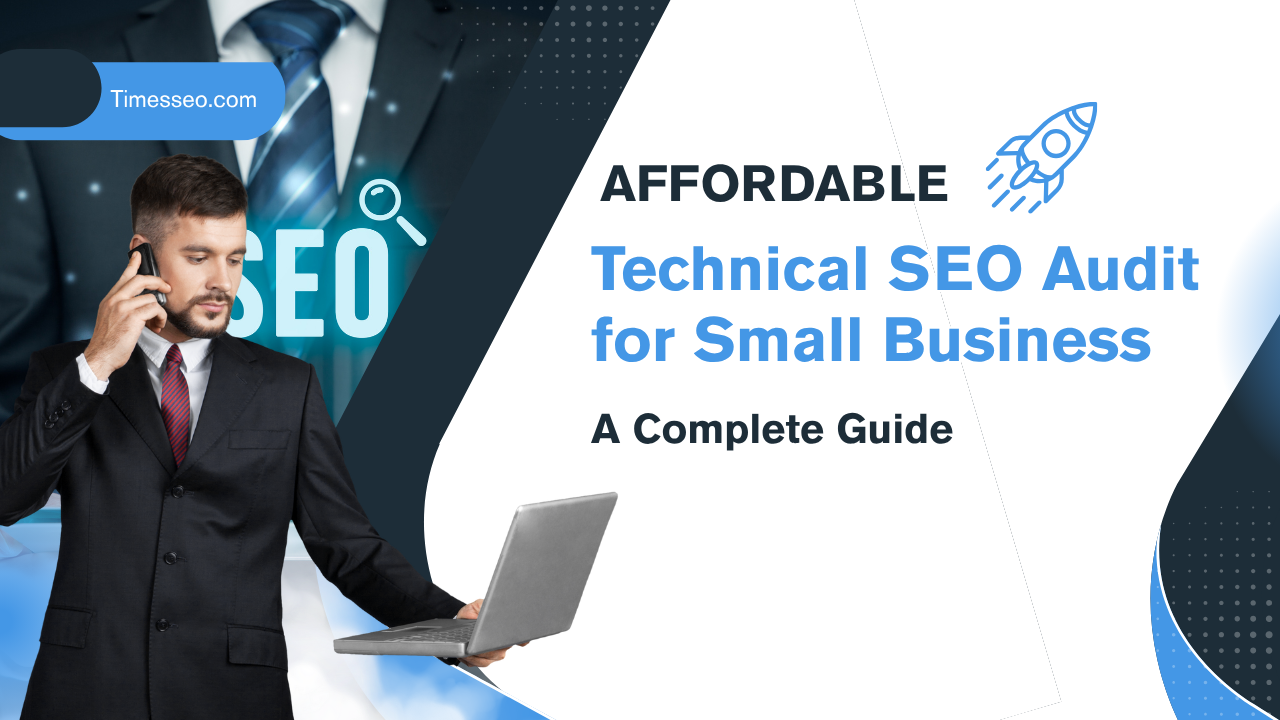 Affordable Technical SEO Audit for Small Business: A Complete Guide26 Jun 2025 Blog
Affordable Technical SEO Audit for Small Business: A Complete Guide26 Jun 2025 Blog -
 How to Get an Affordable Technical SEO Audit for Small Business27 Jun 2025 Blog
How to Get an Affordable Technical SEO Audit for Small Business27 Jun 2025 Blog -
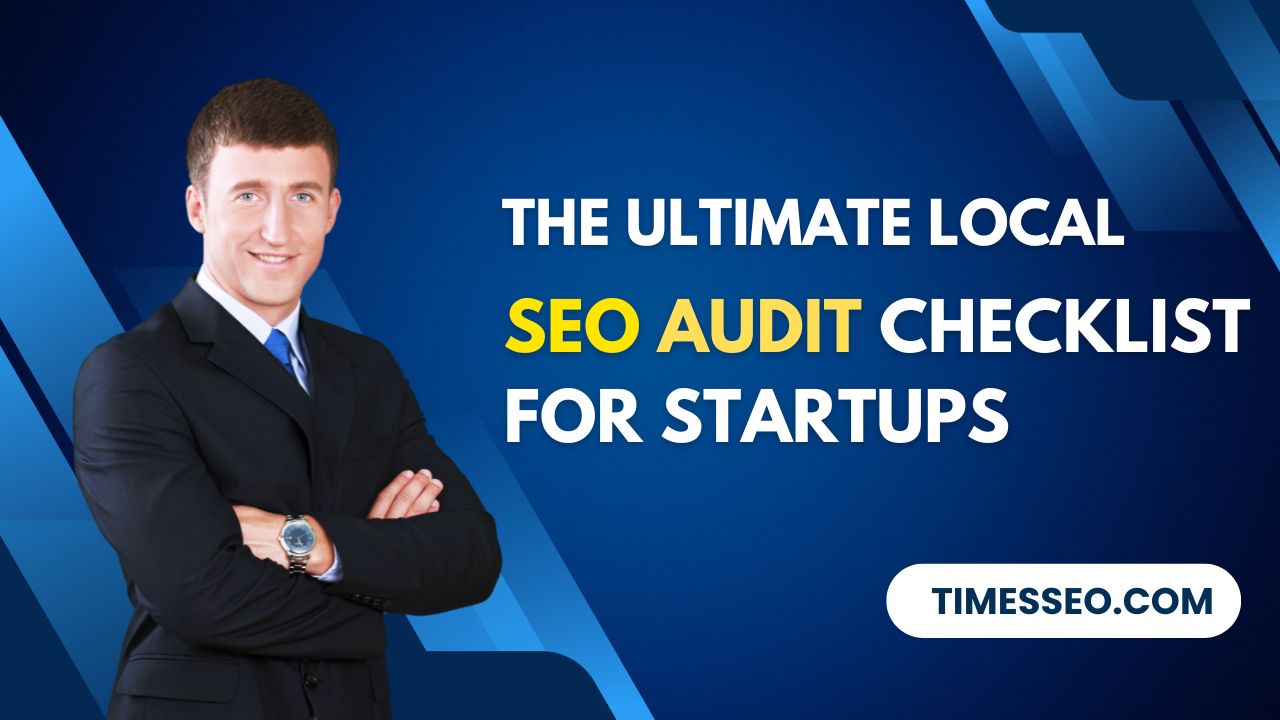 The Ultimate Local SEO Audit Checklist for Startups28 Jun 2025 Blog
The Ultimate Local SEO Audit Checklist for Startups28 Jun 2025 Blog -
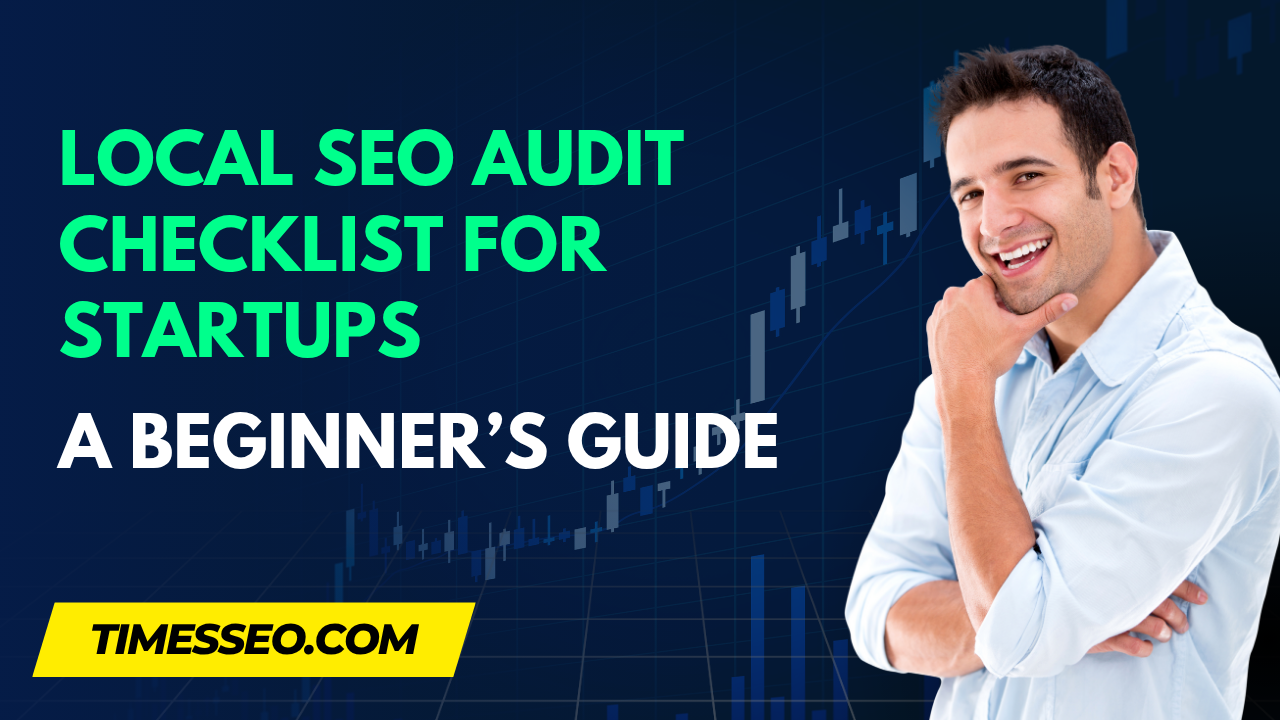 Local SEO Audit Checklist for Startups: A Beginner’s Guide28 Jun 2025 Blog
Local SEO Audit Checklist for Startups: A Beginner’s Guide28 Jun 2025 Blog -
 Top On-Page SEO Audit Steps for Service Websites Every Business Should Know29 Jun 2025 Blog
Top On-Page SEO Audit Steps for Service Websites Every Business Should Know29 Jun 2025 Blog -
 Technical SEO for WordPress: The Ultimate Beginner’s Guide01 Jul 2025 Blog
Technical SEO for WordPress: The Ultimate Beginner’s Guide01 Jul 2025 Blog -
 The Impact of On-Page SEO Audit Steps for Service Websites on UX01 Jul 2025 Blog
The Impact of On-Page SEO Audit Steps for Service Websites on UX01 Jul 2025 Blog -
 Technical Mobile SEO Audit Tips for Developers02 Jul 2025 Blog
Technical Mobile SEO Audit Tips for Developers02 Jul 2025 Blog

